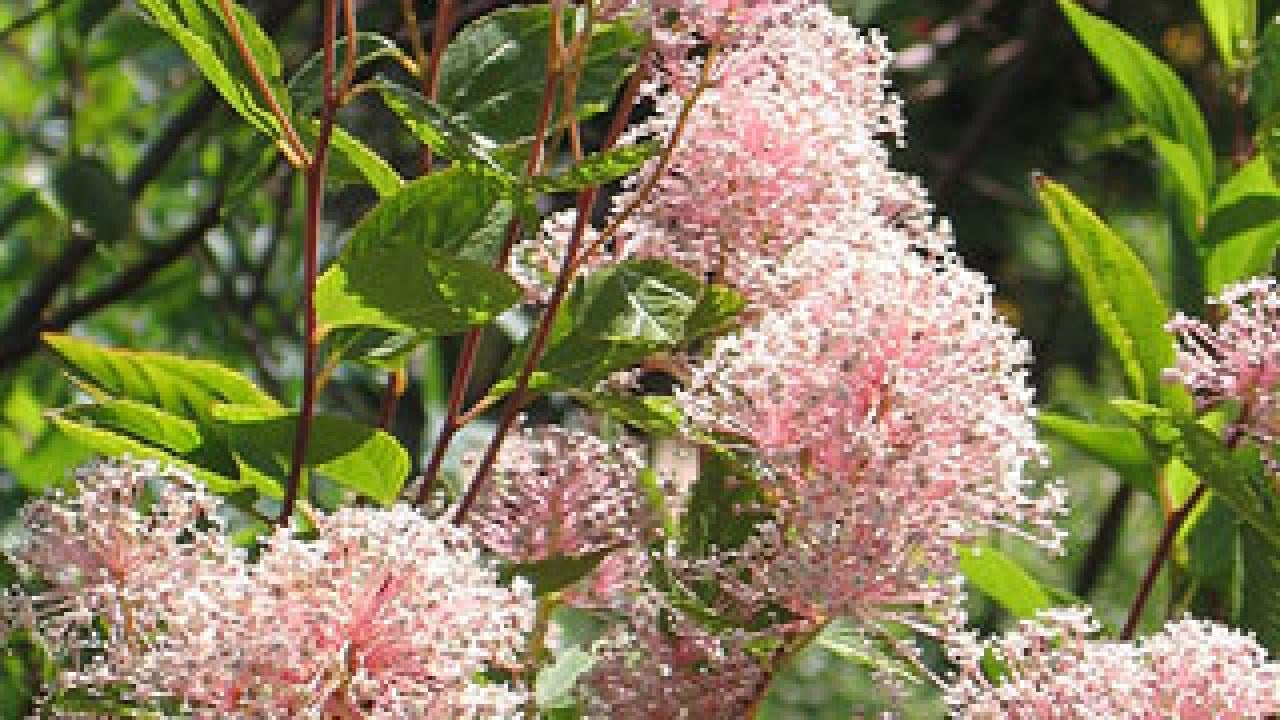A little bit of UC Davis can bloom in backyard gardens this summer, as retail nurseries in the Bay Area and Sacramento region roll out their offerings of “Arboretum All-Stars,” plants that have proven to be ideal for low-input, water-thrifty California landscapes.
The list of 100 All-Stars was developed in recent years by UC Davis Arboretum staff members. The arboretum is a 100-acre living museum of gardens on the Davis campus, which promotes sustainable gardening practices and environmentally friendly garden plants. Many of these plants are California natives, providing food and habitat for wildlife and beneficial insects.
“We’re very excited to see these plants finding their way to the public,” said Dave Fujino, executive director of the California Center for Urban Horticulture at UC Davis, which has worked with the arboretum, commercial growers and retail nurseries to make the All-Stars available to the public.
“Through careful screening and close interaction with the horticulture industry, we are now able to provide home gardeners with the opportunity to save water and address other environmental concerns while making aesthetically pleasing additions to their yards,” said Fujino.
In order to receive the Arboretum All-Star designation, plants must have been grown and tested in the arboretum’s gardens. The majority of these select plants thrive in the arboretum with infrequent, deep irrigation — only once every two weeks during the dry season. The plants are reliable, easy to grow and have few or no problems with pests or diseases. They also possess standout qualities such as color, fragrance or winter interest.
The Arboretum All-Stars program is designed to provide science-based horticultural information to help home gardeners make better planting choices.
“Currently, half of California’s residential water use is for home landscapes,” said Melissa Borel, program manager for the California Center for Urban Horticulture. “By promoting plants that use less water, the All-Stars program addresses the state’s water restriction issues. And because the All-Stars do not need pesticides or fertilizers, they help prevent chemical runoff into the state’s waterways.”
She noted that adopting sustainable horticultural practices in home gardens also protects wildlife corridors, supports native pollinators and conserves natural resources.
A list of retail nurseries currently selling Arboretum All-Stars in the Bay Area, Sacramento region and Davis is available online at: http://arboretum.ucdavis.edu/arboretum_all_stars.aspx. Eventually, nurseries throughout California are expected to be offering All-Stars, and the names of those retailers will be added to the online listing as they become available. The arboretum Web site also includes a searchable All-Stars database with photos, descriptions, and information on how to grow these plants.
Media Resources
Pat Bailey, Research news (emphasis: agricultural and nutritional sciences, and veterinary medicine), 530-219-9640, pjbailey@ucdavis.edu
Dave Fujino, California Center for Urban Horticulture, UC Davis, (530) 754-7739, dwfujino@ucdavis.edu
Melissa Borel, California Center for Urban Horticulture, UC Davis, (530) 752-6642, mjborel@ucdavis.edu
